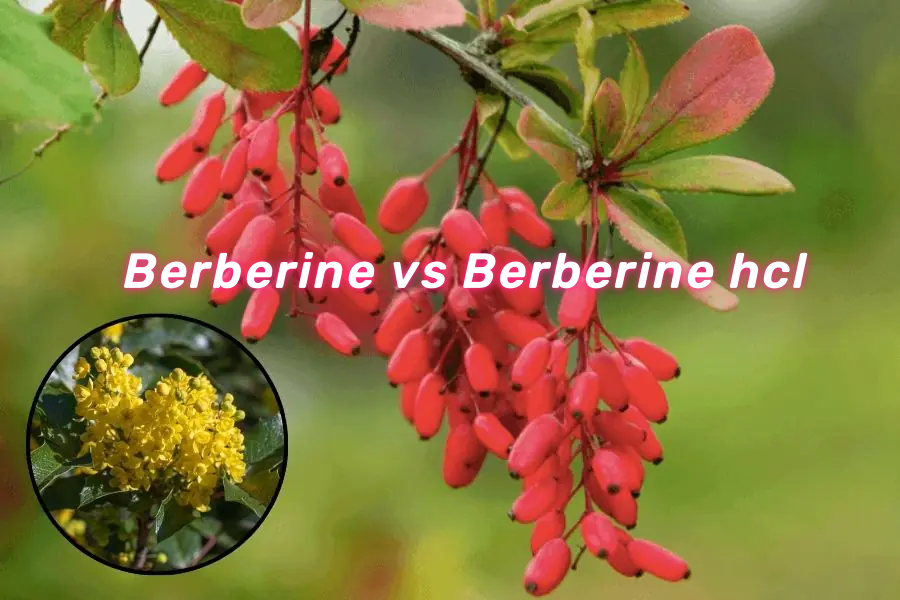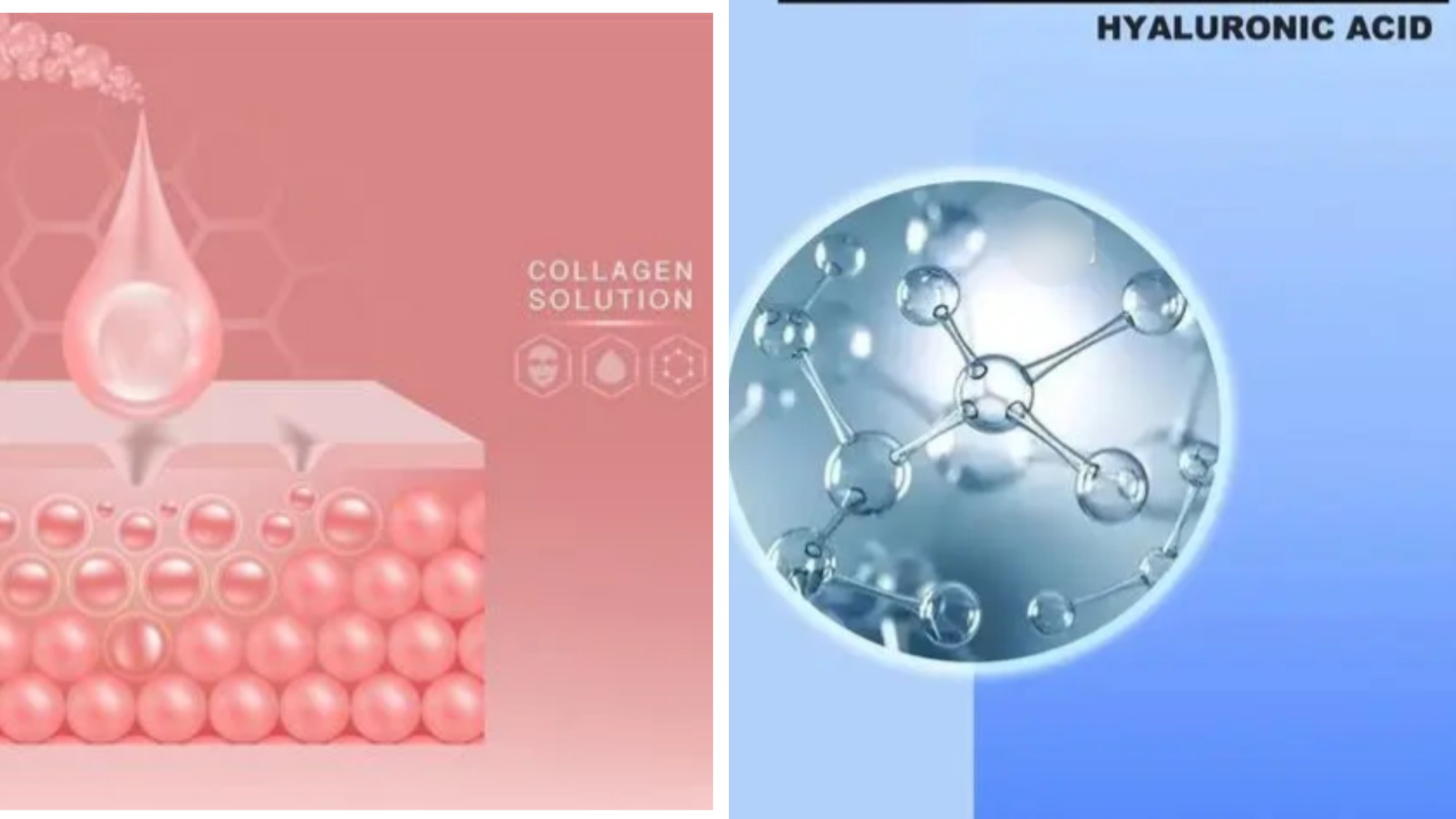
A Comprehensive Comparison of Animal Collagen and Plant Collagen Supplements
In recent years, the global market for collagen supplements has witnessed remarkable growth, driven by increasing consumer awareness of its potential health benefits. Collagen, the most abundant protein in the human body, plays a crucial role in maintaining the integrity and elasticity of various tissues, including skin, bones, and joints. As the demand for collagen supplements continues to rise, consumers are presented with a choice between animal-derived collagen and plant-derived collagen. In this article, we will delve into a detailed comparison of these two types of collagen supplements, exploring their sources, composition, efficacy, and considerations for usage.
Animal Collagen: Origins and Composition
Animal-derived collagen is traditionally sourced from the connective tissues, bones, and skin of animals such as cows, pigs, and fish. These collagen-rich tissues are subjected to various extraction methods to isolate and purify the collagen protein. The resulting collagen peptides are then processed into supplements in the form of powders, capsules, or liquid formulations.
The primary composition of animal collagen includes amino acids such as glycine, proline, and hydroxyproline, which are essential for the structural integrity of skin, tendons, ligaments, and bones. Animal collagen supplements are revered for their high bioavailability, meaning they are readily absorbed and utilized by the body. Additionally, they often contain other nutrients like calcium, chondroitin sulfate, and glucosamine, which further support joint health and overall well-being.
Plant Collagen: Innovations and Alternatives
In contrast to animal collagen, plant-derived collagen supplements are a relatively recent development in the market. These supplements are crafted from plant-based sources rich in amino acids, such as soy, peas, and wheat. While plants do not naturally contain collagen, manufacturers utilize innovative techniques to extract plant proteins and peptides that mimic the structural properties of collagen.
Plant collagen supplements cater to consumers following vegan or vegetarian lifestyles, as they are free from animal-derived ingredients. They are also hypoallergenic, making them suitable for individuals with allergies or sensitivities to animal proteins. However, it's essential to note that plant collagen supplements may not provide the same amino acid profile as animal collagen, potentially affecting their efficacy in supporting skin, bone, and joint health.
Comparative Analysis: Animal vs. Plant Collagen
1. Source and Sustainability: Animal collagen is derived from animal by-products, raising ethical and environmental concerns associated with animal agriculture and processing. In contrast, plant collagen supplements offer a cruelty-free and environmentally sustainable alternative, appealing to eco-conscious consumers.
2. Amino Acid Profile: Animal collagen boasts a comprehensive amino acid profile, including glycine, proline, and hydroxyproline, which are essential for collagen synthesis and tissue repair. Plant collagen supplements may lack certain amino acids present in animal collagen, potentially impacting their efficacy in promoting skin elasticity and joint health.
3. Bioavailability: Animal collagen supplements are known for their high bioavailability, thanks to their structural similarity to human collagen. Plant collagen supplements may exhibit lower bioavailability due to differences in amino acid composition and peptide structure.
4. Allergen Potential: Plant collagen supplements are hypoallergenic and suitable for individuals with allergies or sensitivities to animal proteins. Animal collagen supplements may pose a risk of allergic reactions in some individuals, particularly those with allergies to specific animal-derived ingredients.
5. Nutrient Content: Animal collagen supplements often contain additional nutrients like calcium, chondroitin sulfate, and glucosamine, which provide synergistic benefits for joint and bone health. Plant collagen supplements may lack these supplementary nutrients, necessitating additional supplementation for comprehensive health support.
Considerations for Usage
When choosing between animal collagen and plant collagen supplements, consumers should consider several factors, including dietary preferences, health goals, and ethical considerations. Here are some key points to ponder:
1. Dietary Preferences: Vegan or vegetarian consumers may opt for plant collagen supplements to align with their dietary principles. However, individuals seeking a complete amino acid profile and additional nutrients may prefer animal collagen supplements.
2. Health Goals: The choice between animal and plant collagen supplements should align with specific health goals, such as improving skin elasticity, supporting joint function, or promoting overall well-being. Consulting with a healthcare professional can help determine the most suitable option based on individual needs.
3. Ethical Considerations: For consumers concerned about animal welfare and environmental sustainability, plant collagen supplements offer a cruelty-free and eco-friendly alternative. Those prioritizing efficacy and tradition may opt for animal collagen supplements.
4. Potential Allergies: Individuals with known allergies or sensitivities should carefully review the ingredients of collagen supplements to avoid potential allergic reactions. Plant collagen supplements may be a safer choice for those with allergies to animal proteins.
Conclusion
In conclusion, both animal collagen and plant collagen supplements offer unique benefits and considerations for consumers. Animal collagen supplements are renowned for their comprehensive amino acid profile, high bioavailability, and synergistic nutrients, while plant collagen supplements appeal to vegan, vegetarian, and eco-conscious consumers. Ultimately, the choice between animal and plant collagen supplements should be guided by individual dietary preferences, health goals, and ethical values. By understanding the differences between these two types of collagen supplements and considering their respective merits, consumers can make informed decisions to support their journey towards optimal health and wellness.

 Berberine VS Berberine HCL
Berberine VS Berberine HCL
 Hyaluronic Acid vs Collagen
Hyaluronic Acid vs Collagen